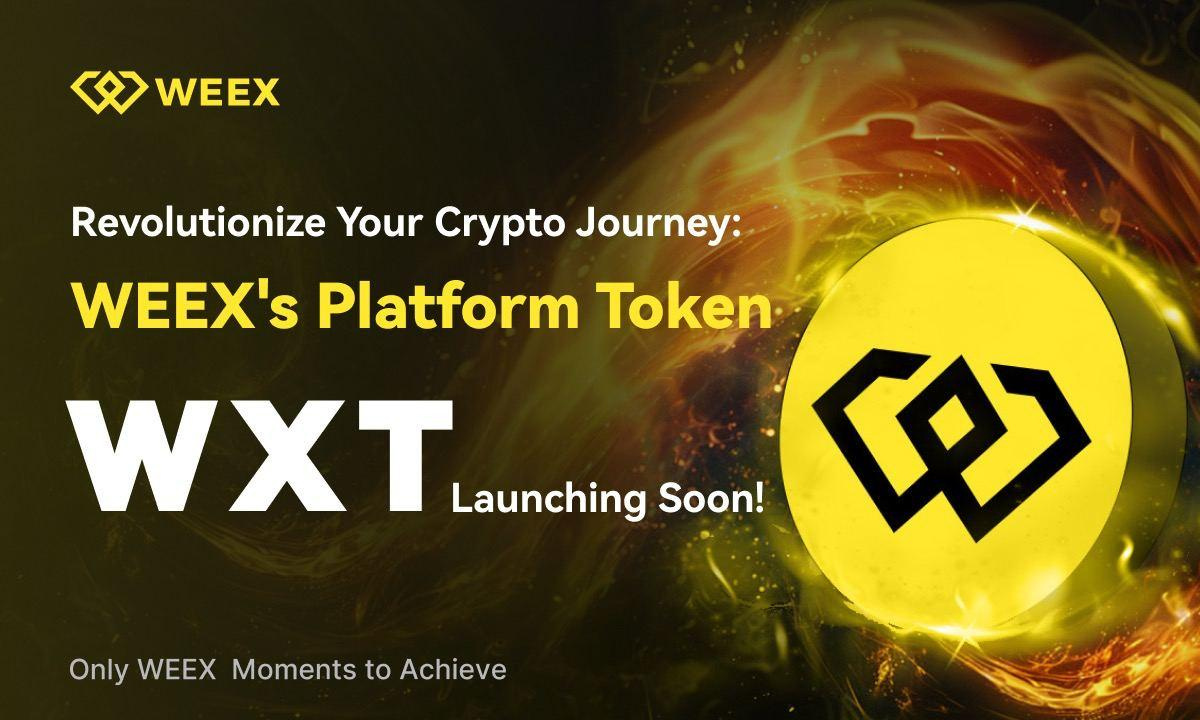What’s Happening To $SOL And Solend Protocol, And Why You Should Care?

What’s Happening To $SOL And Solend Protocol?
After Celsius and 3AC tanked the market, another concerning event has started to emerge. With nearly a billion dollars of liquidations on the line, the price of one of crypto’s largest L1s is at stake.
Right now, there are three major liquidations:
- Celsius: 23,962 $wBTC @ $13,604 ($477m).
- SOL whale via Solend protocol: 5.7m $SOL (~$160m).
- ETH whale via Aave protocol: 152k $ETH (~$141m).
But the $SOL situation is by far the most intriguing, and has sparked intense debate.
Here’s a break down of what’s occurring:
A $SOL whale deposited $160m on Solend protocol to borrow $108m.
As this position creeps closer to liquidation, it began to trigger fears that user funds could be put at risk. Solana’s recent instability lends itself to potential issues amidst a mass liquidation event. Additionally, user funds could be vulnerable due to high slippage.
In response, Solend protocol decided to reach out to the whale to negotiate a solution. They claimed that:
- The whale will always present a systemic risk to Solend and its users, and
- Letting a liquidation of this size to happen on-chain is extremely risky
But the whale never responded, so Solend issued a proposal which intends to “grant emergency power to temporarily take over the whale’s account so the liquidation can be executed OTC.” The proposal was met with vast public backlash, as many claimed that the intervention directly combats the essence of decentralisation.
Emin Gun Sirer, founder of Avalanche, @FatManTerra and @Coachkcrypto challenged the proposal.
The prominent crypto analyst Cobie labelled the $SOL situation “comedy”, with Binance CEO also seemingly questioning the decision.
If we learnt anything from the Celsius and 3AC situations, it’s that on-chain transparency is a much-needed component of the crypto financial ecosystem. This is the exact problem that DeFi is intended to solve.
Even FTX CEO Sam Bankman-Fried agrees with this sentiment.
But despite the backlash to the proposal, 97.5% voted “Yes”. This is where things get interesting.
It turns out that over 90% of the votes were issued by a single user. The fate of $270m in user assets are effectively being decided by a single entity. This is a fundamental flaw in the system, as voting power is decided by your DAO holdings.
This resulted in further division amongst the community. Solend protocol quickly rushed to fix their mistake, by INVALIDATING vote #1, and instead issued a new proposal to:
- Invalidate the last proposal
- Increase governance voting time to 1 day
The voter took to Discord to justify their position. They claimed that they’d rather salvage “$120m of retail dollar instead of holding up DeFi ethos for some whale that is degenerately gambling.”
The decision to invalidate the vote raises another important issue: What’s the point of a DAO if proposal outcomes aren’t adhered to?
The initial proposal was a) fundamentally flawed, and b) far too easily manipulated by a singular party. But in addition, cancelling the proposal invalidates the very authority a DAO claims to have. A doubly whammy of decentralization degradation.
Despite all this uncertainty, FTX CEO declared that “real solutions are coming.” Many accused him of “saving his bags”, as the timing of this tweet coincided with $SOL dumping. Until now, he has been quiet on the Solana front for months.
So what does the Solend situation mean for $SOL? Once again, it highlights the network’s centralisation concerns. Controlling user funds is a big no no, and goes against the essence of decentralization.
In terms of the implications, this event negatively affects Solend protocol more so than $SOL itself. $SOL remains largely unharmed. But, it does highlight the increasingly relevant argument of decentralization.
This is the classic case of need vs want in crypto. What we WANT is decentralization, but what we NEED (in this case) is user protection. Striving for a healthy balance between the two is what we need to progress as an industry.
Source: Miles Deutscher
DISCLAIMER: The Information on this website is provided as general market commentary and does not constitute investment advice. We encourage you to do your own research before investing.
Join CoinCu Telegram to keep track of news: https://t.me/coincunews
Follow CoinCu Youtube Channel | Follow CoinCu Facebook page
Hazel
CoinCu News



















